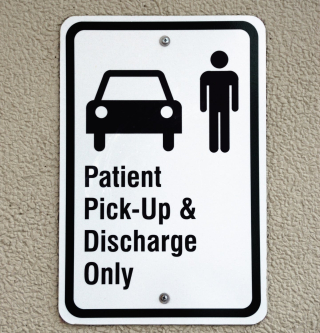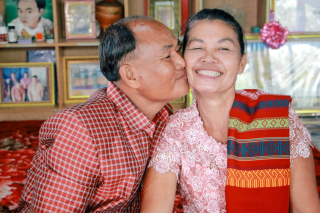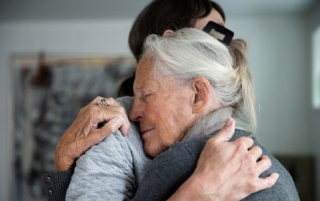 It’s a hard thing to imagine: what would your life be like, if you were not able to take care of yourself? Not being able to manage your physical or financial needs, drive, leave your home without assistance, or do any of the things that you do now as a legally competent, abled-bodied person?
It’s a hard thing to imagine: what would your life be like, if you were not able to take care of yourself? Not being able to manage your physical or financial needs, drive, leave your home without assistance, or do any of the things that you do now as a legally competent, abled-bodied person?
Being incapacitated means that someone has to be named to carry out your health care and manage your finances. Without a plan, courts usually get involved, and often people who don’t know the person needing help are the ones who make decisions for them. With a plan, as described in The Post-Searchlight’s recent article, “How to go about planning for incapacity,” you have the ability to tell what your wishes would be for health care and name someone to be in charge of your financial and legal affairs.
Incapacity can strike at any time. Advancing age can bring dementia and Alzheimer’s disease, and a serious illness or accident can happen suddenly. Therefore, it’s a real possibility that you or your spouse could become unable to handle your own medical or financial affairs.
 Houston Estate Planning and Elder Law Attorney Blog
Houston Estate Planning and Elder Law Attorney Blog










